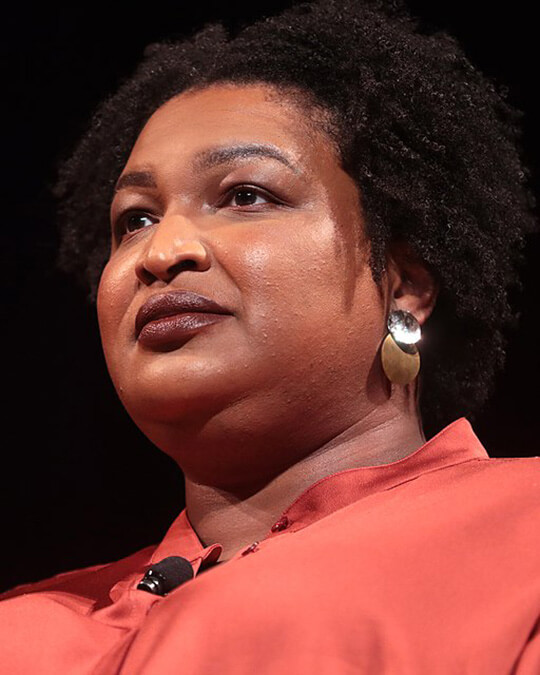
President Donald Trump has voiced concerns over a substantial $2 billion environmental grant given to Power Forward Communities, a coalition spearheaded by the progressive organization Rewiring America, which has connections with political figure Stacey Abrams. Trump's call for scrutiny, articulated in March 2025, urges the Department of Government Efficiency (DOGE), purportedly led by Elon Musk, to investigate the grant's allocation and seek the recovery of the funds.
This grant, announced by the Environmental Protection Agency (EPA) in April 2024, falls under the ambit of the National Clean Investment Fund aimed at bolstering clean energy initiatives across the United States. Power Forward Communities, the beneficiary of the $2 billion, had reported a mere $100 in revenue during its initial three months, sparking debates over its financial health and the swiftness with which such a significant amount of federal funds was disbursed.
Stacey Abrams, serving as senior counsel for Rewiring America, has defended the grant and its objectives, emphasizing the initiative's focus on equitable access to clean energy solutions. In an October 2023 post on the social media platform X, Abrams highlighted the coalition's mission to ensure that clean energy advancements benefit all communities, irrespective of their economic status or geographic location.
Trump's criticism extends beyond the grant's size and recipient to the overall handling and expedited approval process by the EPA. The former president has juxtaposed the grant against previous government expenditures, questioning the consistency and transparency of federal financial allocations. EPA Administrator Lee Zeldin, aligning with Trump's concerns, has advocated for a comprehensive review of the grant and the procedures through which it was approved, signaling apprehensions about the potential for rushed financial obligations with minimal oversight.
The $2 billion grant is part of a larger $20 billion funding initiative approved by the EPA to support eight environmental projects aimed at reducing fossil fuel dependence and promoting clean energy sources. Critics, including Trump and Zeldin, argue that the expedited and possibly under-scrutinized approval process raises red flags about the stewardship of taxpayer money, particularly when funneled through organizations with strong political affiliations.
As calls for an investigation into the grant gather momentum, the controversy underscores broader debates over government spending, the involvement of political figures in the allocation of federal funds, and the mechanisms in place to ensure accountability and transparency in environmental and clean energy funding. The outcome of this scrutiny could influence future federal funding strategies, particularly in sectors critical to combating climate change and promoting sustainable energy solutions.





